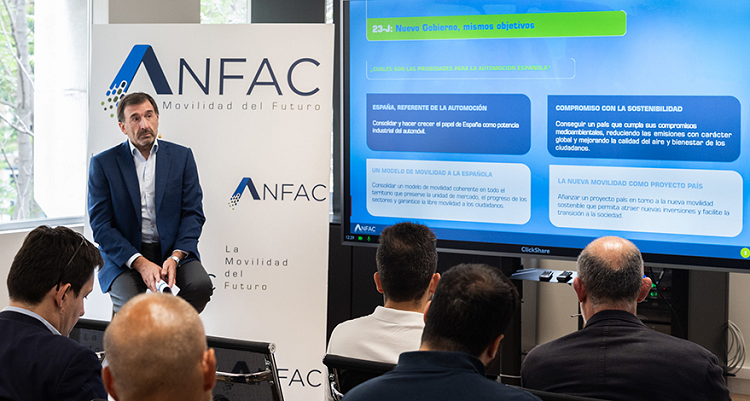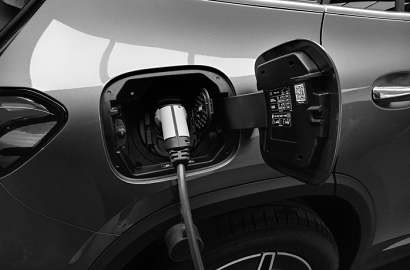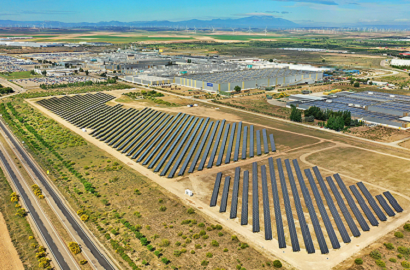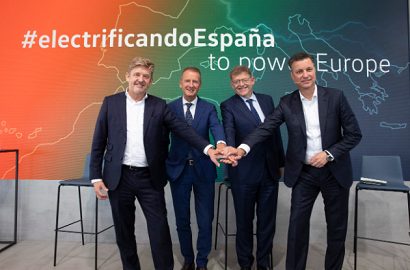Spanish automotive industry prioritises electrification and sustainable mobility

Anfac invested 1.71 billion in the automotive industry in 2022
The automotive industry in Spain has made industrial transformation towards electrified vehicles and sustainable mobility a priority. According to the 2022 Annual Report by the Spanish Association of Car and Truck Manufacturers (Anfac), investment by car manufacturers and the other companies in the industry operating in our country grew by 14.5% compared to 2021, amounting to 1.71 billion euros.
The year 2022 was one of recovery following the pandemic, but the industry was hit by the global chip crisis and the initial impact of the war in Ukraine. Shortages of semiconductors, a lack of components, rising inflation and bottlenecks at factories owing to problems with logistics and transport failed to dampen job creation, which increased by 1% more than in 2021, standing at 62,341 additional positions.
Job creation
The implementation of most of the ERTES (job retention schemes) was one of the factors contributing to this improvement in employment figures. Anfac's general director, José López-Tafall, considers that the recovery of employment in the industry “reflects the resilience of an industry that accounts for 10% of GDP, and the commitment of manufacturers and production centres to continuing to be a benchmark for the economy and for skilled jobs in Spain and Europe”.
According to Anfac, levels of investment, employment and economic performance confirm Spain's importance as an industrial hub for the automotive industry. The industry managed to increase its turnover by 15.8%, amounting to 70.39 billion euros. The net result was 767 million euros, down by 33%.
Registrations
Another figure that illustrates the importance of the automotive industry in Spain is the amount of tax it pays. Last year, Anfac member companies paid 39.18 billion euros in taxes and duties, 13.2% more than in the previous year. Of these, registration taxes were up 7.8% to 4.59 billion, despite the fact that fewer vehicles were sold in 2022 than in 2021.
This reduction in sales is a problem that worries Anfac, which sees Spain trailing behind in Europe when it comes to electromobility. The association stresses the need to increase the volume of electric vehicle sales, without neglecting the development of charging stations, which are essential for servicing an electrified fleet.
Decarbonisation of road transport
López-Tafall says that “we need to get back to 2019 levels if we are to contribute to the decarbonisation of the vehicle fleet, replacing older vehicles with new ones that are safer as well as more sustainable. Accelerating electrification is essential if we are not to be left behind, but a new combustion vehicle that gets one that is more than twenty years old off the roads also improves air quality, and today this is a solution for many people”.
Anfac sees 2023 as a key year in terms of boosting sales in general, and the penetration of electrified vehicles in particular, as well as in establishing Spain as a hub for electromobility. As López-Tafall points out, “Electrification and decarbonisation are part of the industry's DNA, but achieving this depends not only on the effort and leadership shown by companies, but also on levels of commitment, and the tools available within the public domain and the entire ecosystem”.
Photo: Anfac




